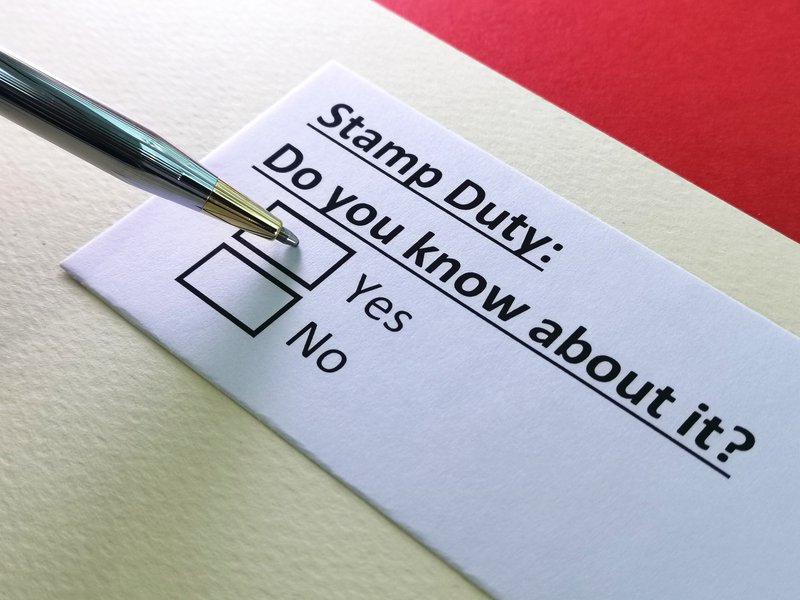This guide looks at the types of Stamp Duty your business may be liable for: Stamp Duty Land Tax on property transactions, Stamp Duty Reserve Tax and Stamp Duty on share transactions.
You may have to pay Stamp duty for transactions involving the transfer of land or interests in land, grants or assignments of leases, and transfers of chargeable securities such as shares in companies.
These are split into three different types of Stamp duty. First, Stamp duty land tax is applicable if you rent or buy premises, and it can catch small businesses out when they establish roots.
The second, Stamp duty reserve tax, may apply when you purchase shares or other securities electronically.
The third, known as ‘Stamp duty,’ is payable when you (or your company) buy shares and complete a stock transfer form.
This guide looks at the potential impact of the tax on your business.
Stamp Duty Land Tax (Non-residential)
The first, which relates to property, is the one you will be familiar with when you purchase residential property.
Freehold sales and transfers
The same rules apply to buying non-residential property, although the rates of Stamp duty you will pay are different. For non-residential purchases, they are as follows (2023/24 rates):
- If the value of the building is up to £150,000, you pay zero tax.
- Between £150,000 and £250,000, the rate is 2%.
- Above £250,000, it is 5%.
You can double-check the latest official rates here.
Even if you aren’t liable to pay Stamp duty on your business premises, you have to declare all purchases of freehold property or leasehold property where the lease was seven years or over to HMRC.
New leasehold sales and transfers
Many small businesses rent premises when they first set up. And the Stamp duty laws apply to leases. You don’t pay on the rent itself but on the premium of the lease.
It’s a complicated subject, and you should seek professional advice from a solicitor to understand the financial impact that taking on premises may have on your business.
As the buyer or tenant, you are responsible for declaring your transaction and paying the tax due. Most businesses use a conveyancer or solicitor to do this for them.
Free Tide Business Bank Account - £50 Cashback!

Open a free business current account to qualify + enjoy 12 months free transactions. Read our Tide review.
The rates are as follows, according to the Net Present Value (NPV) of the total rent over the lifetime of the lease:
- If the NPV is between zero and £150,000 – zero tax.
- Between £150,001 and £5m – 1%.
- Over £5m – 2%.
Stamp Duty Reserve Tax
If you (or your company) buy shares in a UK company (or in a foreign company that maintains a share register in the UK) via a stockbroker, the transaction itself will be paperless, and typically completed via the electronic CREST system.
You (or your company) pay 0.5% of the amount for these shares (in addition to any stockbroker fees you will be liable for).
If you subscribe for shares in a new company (which has not started trading), no SDRT is payable.
Stamp Duty
If you (or your company) buy shares in a UK company (or in a foreign company that maintains a share register in the UK) using a Stock Transfer form, you must pay 0.5% on the value of the shares above £1,000. The tax is rounded up to the nearest £5.
In this case, you or your company (depending on whether it’s a personal or business transaction) need to pay your Stamp Duty liability to HMRC electronically – by Faster Payments, BACS or CHAPS.
Email HMRC with a notification that includes a signed and dated stock transfer form and payment details.
Full details on how to pay Stamp Duty and notify HMRC of the transaction can be found here.










